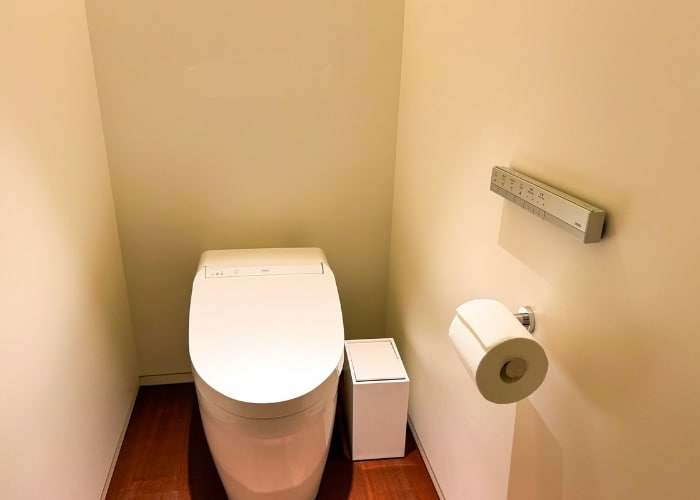
As Australia’s population continues to age, providing high-quality care and maintaining the dignity of older adults in residential aged care homes becomes an increasingly important challenge.
One innovative solution that has gained attention for its potential to improve hygiene, dignity and overall wellbeing is the bidet – and now a new research project aims to quantify the benefits.
InteliCorp and The BIDET SHOP have entered a partnership with Charles Darwin University in the Retrofit Bidet Clinical Trial.
This study aims to evaluate the feasibility, acceptability, practicality and effectiveness of bidets as an alternative to traditional manual post-voiding cleaning for individuals receiving care, care workers and nurses in hospitals, homes and aged care settings.
Our research seeks to address the current gap in knowledge by exploring how electronic bidets can support patients with toileting limitations and assist staff in providing daily intimate personal care.
We are inviting facilities to participate in this de-identified study, which will involve regular use of the bidet and completing an online questionnaire. Both users and carers will provide feedback on the ease of use, benefits and limitations of the bidet.
A new approach to personal hygiene
Bidets, commonly associated with improved personal hygiene, have long been utilised in many parts of the world. Their introduction in residential aged care homes brings a new approach to addressing the unique needs of older adults.
Traditional methods of post-voiding cleaning, such as using toilet paper, can be less effective for older individuals who may face mobility limitations, reduced dexterity or other physical challenges.
Bidets offer a more thorough and comfortable cleansing experience, utilising water jets that can help prevent skin irritation and infections.
Reducing the risk of infections
One significant benefit of bidet use is the potential to reduce the risk of infections, particularly urinary tract infections (UTIs). Older adults are more susceptible to UTIs due to factors such as weakened immune systems, incontinence and reduced bladder control.
Bidets can aid in maintaining proper perineal hygiene, reducing the accumulation of bacteria and decreasing the likelihood of infections. By promoting a cleaner and more sanitary environment, bidets contribute to the overall well-being of residents and can lead to fewer instances of UTIs.
Managing incontinence and supporting dignity
With incontinence a common challenge faced by older adults in residential aged care homes, bidets offer an effective solution for managing incontinence-related hygiene.
The gentle and efficient cleansing provided by bidets can help residents feel more comfortable and cleaner, enhancing their overall sense of dignity.
Furthermore, bidets may reduce the stigma associated with incontinence, promoting a more open and compassionate atmosphere within the home.
Alleviating constipation
Constipation is another prevalent issue among older adults, often exacerbated by factors such as reduced physical activity, medication side effects and dietary changes.
Bidets have been shown to have a positive impact on bowel management by promoting more complete voiding of the bowel.
The warm water stream from the bidet can help relax the anal sphincter muscles and facilitate more regular bowel movements. This can lead to a reduction in constipation-related discomfort and a potential decrease in the need for laxatives or other interventions.
Easing the workload for caregivers
Bidets not only benefit care recipients but also ease the workload for caregivers, including staff members and family caregivers. The use of bidets can streamline toileting routines, reducing the time and effort required for manual cleaning and changing of incontinence products.
The reduced workload associated with bidets can minimise physical strain and stress for carers while allowing them more time for personalised care and engaging with residents, ultimately improving the quality of their interactions.
Promoting sustainability and cost savings
Bidets can contribute to sustainability and operational cost savings within residential aged care homes by reducing the consumption of toilet paper and incontinence products.
The decreased paper waste also aligns with environmentally friendly practices – something that can be a competitive point of difference in the marketplace.
Get involved in the study
We welcome aged care providers to participate in our bidet trial. For full details and to register your facility, please email [email protected] with the subject ‘clinical trial’. After registration, the InteliCorp team will guide you through the next steps.
Craig Spence
National Business Development Manager
InteliCorp/ The BIDET SHOP